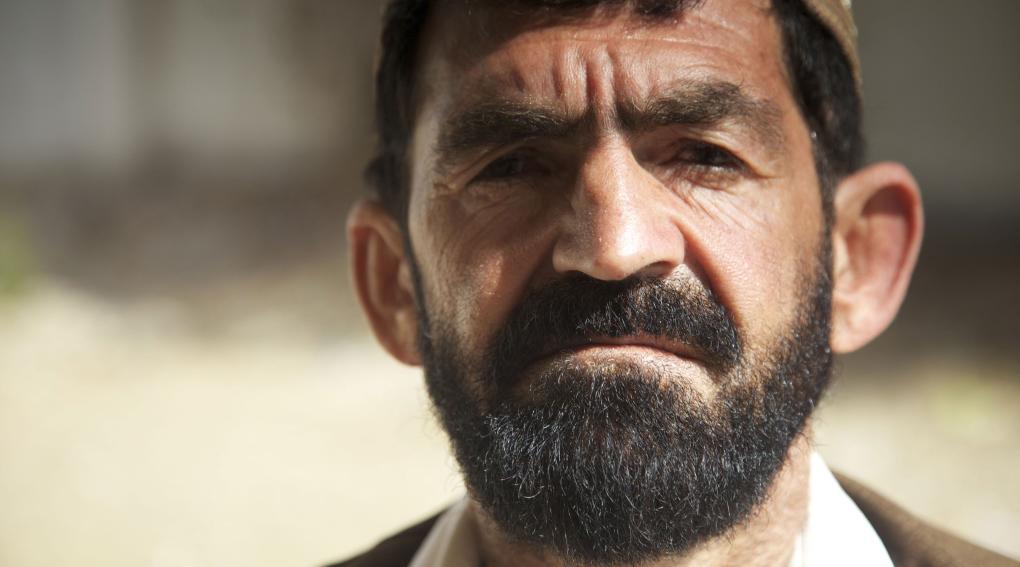"My Afghanistan" by Nagieb Khaja and "The Act of Killing" by Joshua Oppenheimer have both been selected for the annual Human Rights Watch Film Festival, travelling to 14 cities in England, America, Canada and Switzerland.
We asked festival director John Biaggi about the two Danish-produced documentaries and their different perspectives on human rights issues:
Why was "My Afghanistan" and "The Act of Killing" chosen for the London HRWFF?
"We have shown numerous films on Afghanistan in our festivals over the years. The majority of these were from the perspective of Westerners – whether soldiers, aid workers, or filmmakers. Nagieb Khaja's My Afghanistan is unusual in that it focuses on regular citizens of the country. By giving them mobile phones equipped with good quality cameras we get to see the personal lives of people living in a war zone and how each one copes. To be able to go inside the homes of Afghanis, and see their lives through their own eyes, is something special and grounds the debate of what this ongoing war does to the civilians caught in the middle."
"The Act of Killing is an important film, as it brings much needed exposure and awareness of the horrific human rights violation in Indonesia that no one has been held accountable for, and which most people outside the country do not even know about. While the style of the film might be somewhat controversial – the perpetrators of the killings reenacting some of the killings – this approach builds the tension and the understanding for the audience of the level of their crimes and the impunity within the society and government that was rampant then (and still is), and we are given the payoff at the end of the film when we witness that the main character has ultimately not been able to absolve himself or forget his horrible crimes, but carries them with him every day."
How do the two films contribute to the festival programme?
"We feel it is important to continue to present strong films on Afghanistan, especially in light of the fact that the US and NATO are pulling out of the country next year, which also means the world's attention will be diverted from the serious problems that country faces. As the leading human rights film festival it is important that we continue to shine a light on important human rights issues that are no longer (or in other cases never were) on the public stage."
"Indonesia, and what happened under the Suharto government between 1965-67, falls into the category of an important human rights violation that has never been in the world's spotlight, as few people know of this atrocity. And the fact that the current government has publicly stated that the massacre of so many was 'justified' is testament to how far that country needs to go in recognition and ultimately some form of reconciliation."
About the Human Rights Watch Film Festival
Human Rights Watch is one of the world's leading organisations in the protection of human rights. With the annual film festival the organisation creates critical awareness about global human rights issues through strong personal narratives.
Human Rights Watch Film Festival takes place in New York and London. In addition, selected films will also be shown in a dozen more cities in England, America, Canada and Switzerland. The festival officially kicks off in London, 13-22 March.
Read more about Human Rights Watch Film Festival.
Watch the trailer for the programme at the festival in London.
